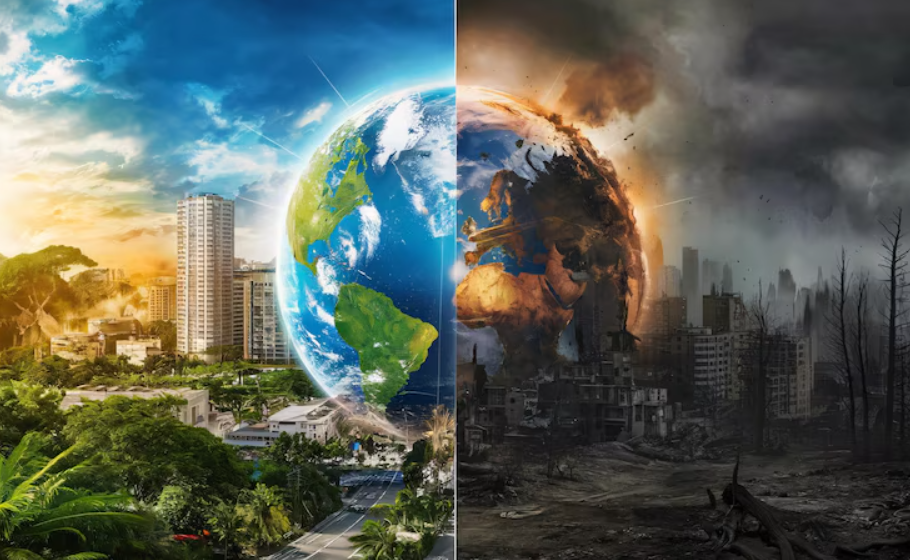Mokwa, Niger State In one of Nigeria’s deadliest natural disasters in recent years, flash floods in Mokwa Local Government Area of Niger State have claimed the lives of more than 150 people, displaced over 3,000 residents, and left 500 individuals still missing, according to local authorities.
Triggered by torrential rains and the overflowing of nearby rivers, the floods swept through multiple communities over the weekend, destroying homes, farmlands, and infrastructure. Eyewitnesses described walls of water crashing through villages in the middle of the night, leaving residents with little to no warning.
National Emergency and Global Support
The National Emergency Management Agency (NEMA) and Niger State Emergency Management Agency (NSEMA) have launched joint search and rescue operations, while the United Nations Office for the Coordination of Humanitarian Affairs (UNOCHA) has begun working closely with the Nigerian government to coordinate emergency relief, including food, shelter, and medical supplies.
“This is a humanitarian catastrophe. Our immediate priority is to rescue survivors, locate the missing, and provide basic needs for the thousands who have lost everything,” said Mustapha Ahmed, Director General of NEMA.
UN Pledges Assistance
The United Nations, through its humanitarian network in Nigeria, has pledged financial and logistical support to the ongoing response. A UN statement on Tuesday emphasized the need for urgent international solidarity, warning that more rainfall is forecast and the situation could worsen.
“We are deeply concerned about the scale of displacement and loss of life in Niger State. The UN is working with partners to deliver emergency aid and assess long-term recovery needs,” said Matthias Schmale, UN Resident and Humanitarian Coordinator in Nigeria.
Root Causes: Climate and Infrastructure Gaps
Experts attribute the disaster to a combination of climate change, poor drainage infrastructure, and unregulated construction in flood-prone areas. Northern Nigeria has been experiencing an increase in extreme weather events in recent years, raising concerns about the region’s climate resilience.
In Mokwa, residents report that many roads and bridges have been washed away, hampering rescue efforts and isolating entire communities.
“It’s like we’ve been cut off from the rest of the country,” said Maryam Sule, a local resident who lost her home. “People are still trapped. We need help urgently.”
Economic and Health Impacts
The floods have not only claimed lives but also destroyed hundreds of hectares of farmland, raising fears of food shortages in a region already facing economic hardship and insecurity. Waterborne diseases are also a growing concern, with reports of cholera and dysentery beginning to surface among displaced persons.
Healthcare facilities in Mokwa and surrounding areas are reportedly overwhelmed, with many victims receiving treatment in makeshift clinics.
Government’s Next Steps
Governor Mohammed Umar Bago of Niger State has declared a state of emergency, urging federal support and calling on NGOs and international partners to scale up assistance.
In a televised statement, President Bola Tinubu expressed sorrow over the tragedy and pledged the federal government’s commitment to rebuilding affected communities and improving flood management systems across the country.
A National Wake-Up Call
This devastating flood is a harsh reminder of Nigeria’s vulnerability to climate-induced disasters. Environmental groups and policy analysts are calling for urgent investments in early warning systems, urban planning, and river dredging projects, particularly in flood-prone areas like Niger, Kogi, and Anambra states.
As the search for survivors continues, the nation watches with grief and resolve. The floods in Mokwa are not only a humanitarian crisis they are a call to action.
For ongoing updates on disaster response and climate policy in Nigeria, visit Xamblog.com.
Last Updated on June 4, 2025 by kingstar





